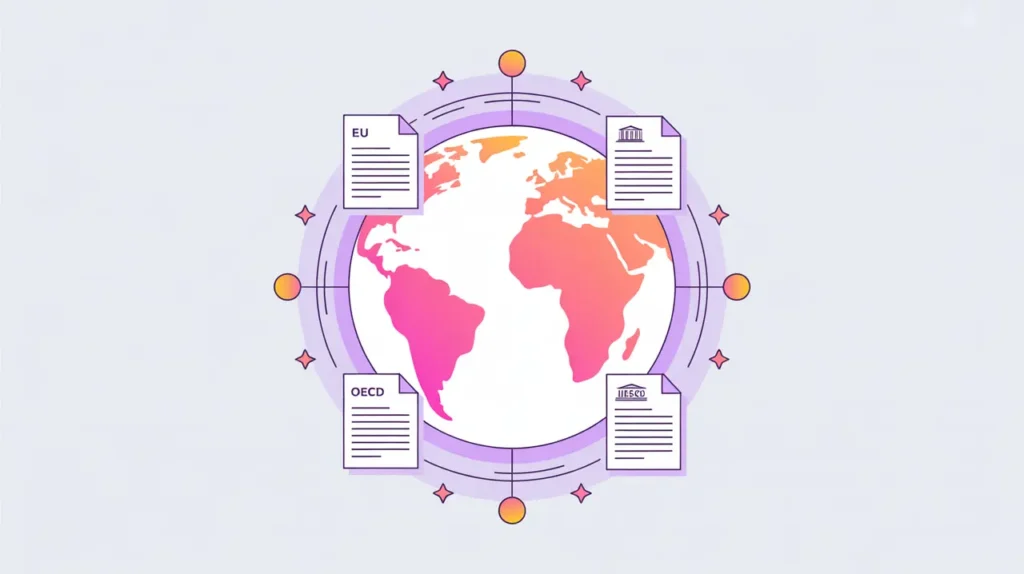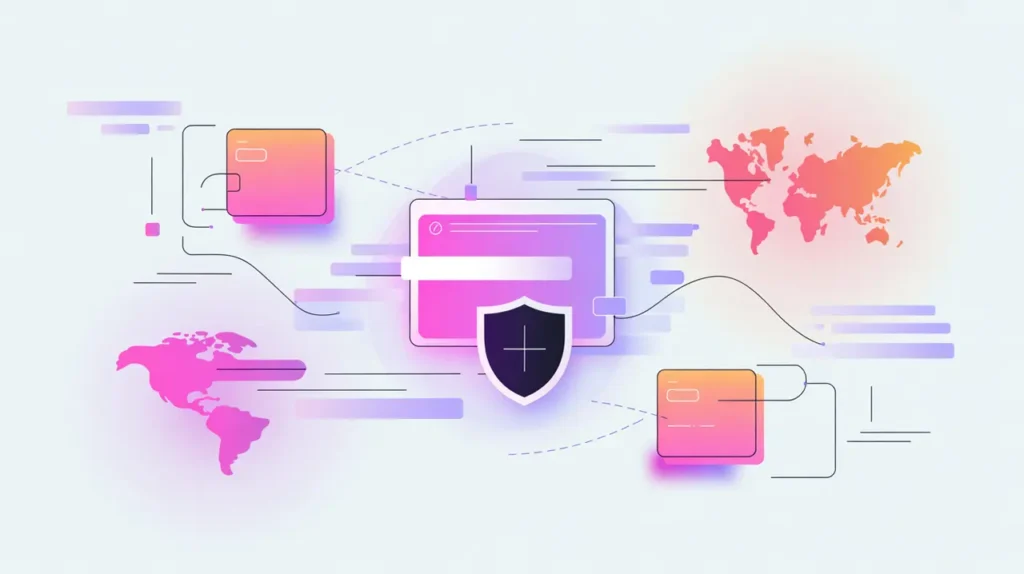Importance of Data Protection Laws
Data Protection Laws are legal frameworks that regulate how personal data is collected, processed, stored, and shared. They establish rights for individuals and obligations for organizations, aiming to safeguard privacy and prevent misuse of data. Their importance today lies in the explosion of digital data and AI systems, where unregulated use risks violating human rights and eroding public trust.
For social innovation and international development, data protection laws matter because mission-driven organizations frequently handle sensitive information from vulnerable populations. Compliance ensures not only legal safety but also ethical responsibility in how data is managed and applied.
Definition and Key Features
Global examples include the EU’s General Data Protection Regulation (GDPR), Kenya’s Data Protection Act, and Brazil’s LGPD. These laws typically require informed consent, transparency in processing, data minimization, and secure storage. They also grant individuals rights such as access, rectification, deletion, and portability of their personal data.
Data protection laws are not the same as cybersecurity regulations, which focus on preventing external attacks, nor are they equivalent to intellectual property laws, which govern ownership of creative works. They specifically protect the privacy and autonomy of individuals in relation to their data.
How this Works in Practice
In practice, organizations must implement policies, staff training, and technical safeguards to comply with data protection laws. For instance, an education nonprofit collecting student performance data may need parental consent, secure storage, and deletion policies. Health programs might require privacy impact assessments before deploying diagnostic AI. Humanitarian agencies may be bound by data residency requirements when managing refugee data across borders.
Challenges include differing laws across jurisdictions, limited enforcement capacity in some countries, and the cost of compliance for smaller organizations. Global initiatives to harmonize standards, such as OECD privacy guidelines, are emerging but remain uneven.
Implications for Social Innovators
Data protection laws directly affect mission-driven organizations. Health initiatives must comply when handling electronic medical records. Education programs must respect student and parent data rights. Humanitarian agencies must balance urgent data needs in crisis response with legal obligations to protect individuals. Civil society groups play a critical role in monitoring compliance and advocating for stronger protections where laws are weak.
By embedding compliance with data protection laws into their AI and data practices, organizations uphold dignity, maintain trust, and demonstrate their commitment to ethical responsibility.







